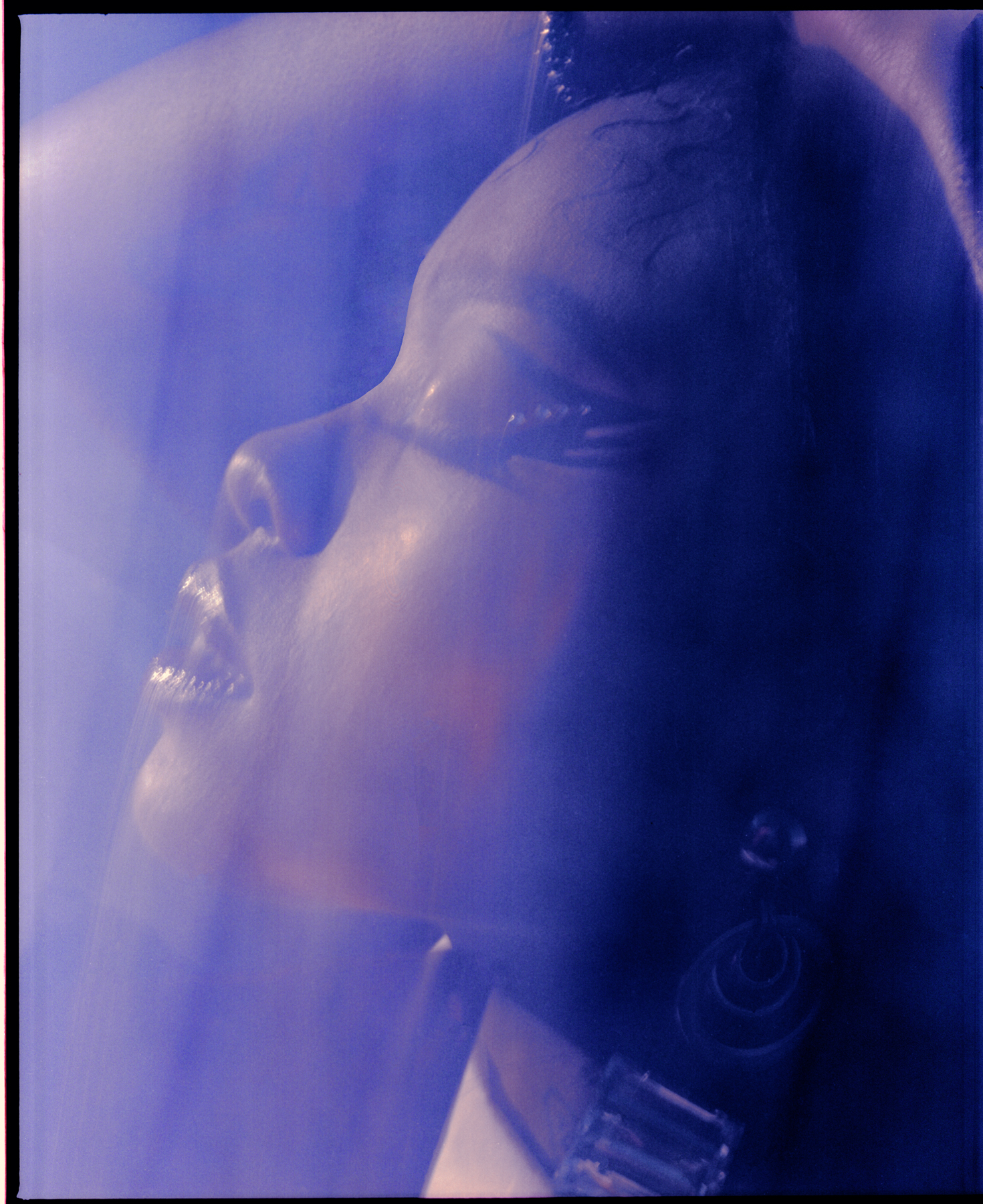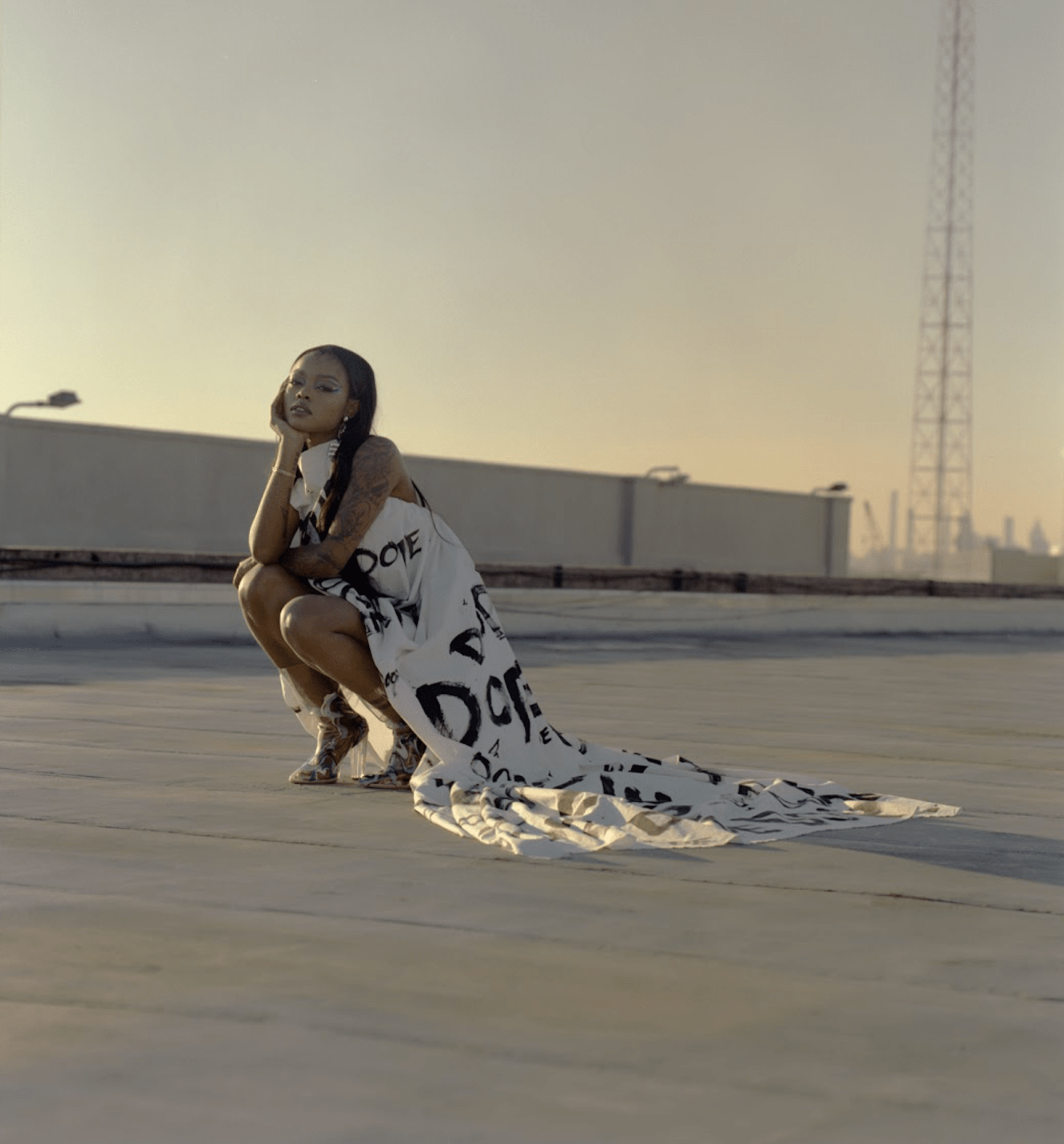There are two sides to the Bronx-raised rapper Maliibu Miitch. There’s the audacious, husky-voiced, Paid In Full-inspired Miitch, who storms onto tracks like The Count, Give Her Some Money, and Double Up with an impenetrable flow – one that’s prompted comparisons to Foxy Brown. Then there’s a sweeter, more spirited Maliibu, responsible for catchy hooks (remember 2017’s Gwapamole?) and wide-mouthed grins. But what you might not know is that it took Maliibu Miitch years to find her voice.
The fire spitter is no stranger to the music industry – she signed deals with Ruff Ryders and Island Def Jam before finding a home with Atlantic in late 2017. Today, eight years into her career, Maliibu Miitch is confident as ever, delivering an authentic expression of her duality and empowering listeners to challenge their expectations of how women and rappers should act and sound. Over the phone from her home in the Bronx, Maliibu Miitch tells us why she’s vocal about her industry experience, the most important lessons she’s learned over the years and what exactly she’s cooking up next.
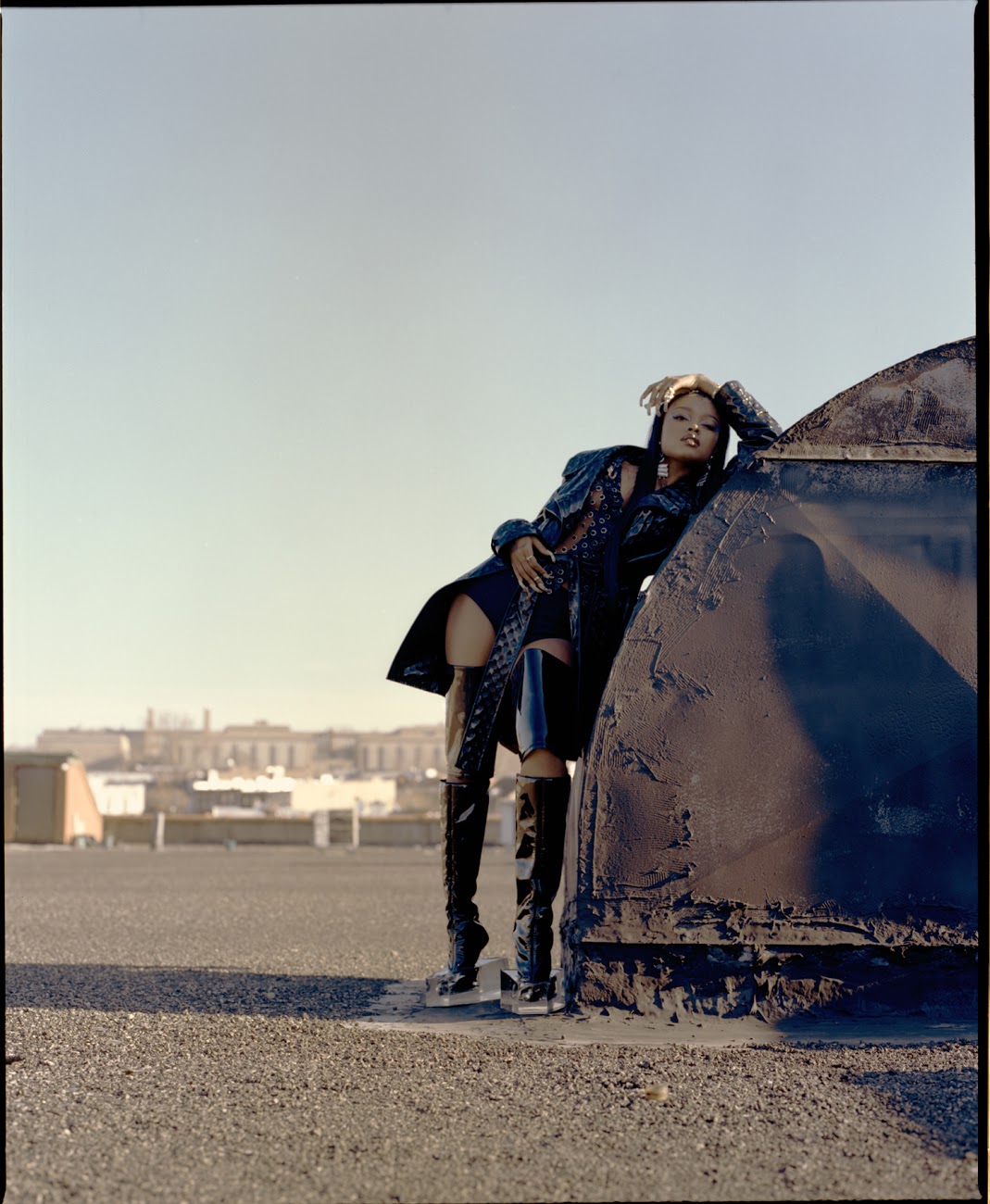
So tell me about your childhood in the Bronx. What kind of music did you grow up around?
I used to get into a lot of trouble. I used to fight and I was in and out of gangs, but it made me the wonderful person that I am today. It informed my music, period. When I was mad young, like eight, I was listening to Spice Girls, Backstreet Boys, NSYNC. When I got older, I started listening to 50 Cent. He changed my whole entire life. In Da Club was the first video I saw. I wanted to be just like him.
When did you start rapping?
It actually was because of a high school best friend. One day she called me and she was rapping over Gucci Mane’s Wasted. It was so fire. I was like, “I want to try it!” I wrote something and an hour later I called her back and she gassed me up. From there, I just kept at it. Then one day, I was in Vietnam Projects in the Bronx and it was the Fourth of July and we were all drinking. All the guys were in the middle just rapping and I swear they were all trash. It was so hilarious. I told my best friend, “I’m going to go over there and rap,” and she didn’t believe me. So I got up and I started spitting. They were all like “Oh shit. You lit. You lit.” So yeah, it was the attention they gave me.
You were signed to Ruff Ryders and then Island Def Jam. Can you talk about those experiences?
Each experience is a learning experience. There’s no sense in being in something and not learning anything from it. Ruff Ryders taught me what I didn’t want, as well as how to act like an actual artist. They had somebody trying to write my stuff and that’s not what I wanted. Then, I was in a group with Island Def Jam. They had me with this singer who was completely the opposite to me, so it taught me a lot of patience and dealing with other people. I had to chill. I had to be relaxed, so that’s what being with Island taught me. That and song structure. The A&R on my project, Sam Watters, was actually one of the artists in Color Me Badd, so he taught me how to structure songs better, how to write hooks and stuff like that.
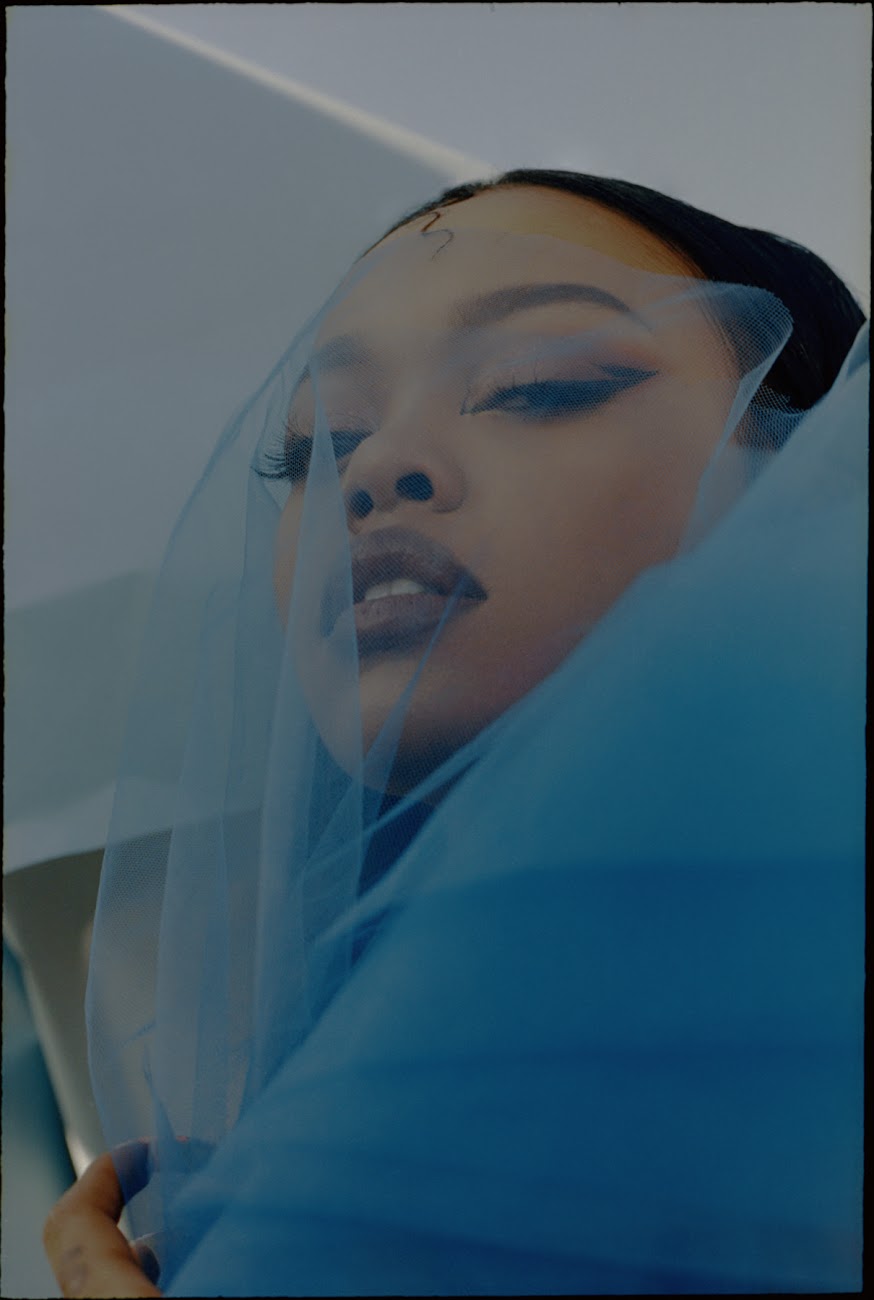
You’re so vocal about the deals you’ve had in the past and how they didn’t pan out in the way that you wanted. Most artists would shy away from talking about things like that.
I’m so open about it because I talk to a lot of artists and hear them tell me stuff about their situation that’s not right. Things I never would’ve known about it didn’t share my experiences with them. I feel like as artists that’s our one job – to express ourselves. Who’s to say that we have to keep our mouths shut? There’s other artists that look up to us that want to be vocal about it, but they feel like nobody is going to support them, nobody is going to understand. It’s always good to let people know that, ‘Yo, my back was up against a wall mad times. I got mad doors slammed in my face, but like, I kept chugging.’
Have you always felt like you had these two parts of yourself, Maliibu and Miitch?
I rap about hood shit and that’s what I want my message to get across. That’s what I want you to feel about where I’m coming from. I always felt very gritty and I used to fight when I was younger. That’s Miitch. And then with Maliibu, I’m very fun, like this is the “lit mami” side of me. I like to make mad jokes and I’m mad goofy. I always want to showcase that in my music. On my verses you’ll hear Miitch with all the tongue, just spitting at you, wanting you to hear everything she’s saying. Then Maliibu will come through on the hook to lighten it up and give it a fun feeling.
I always knew I had both sides since I was young. I used to curse out my teachers, I used to throw textbooks out the window during fire alarms. I used to fight in school. But I would never get in trouble or suspended because they couldn’t add up how I was doing all of this and then come to their office with this small voice. I always felt like I had two sides to me.
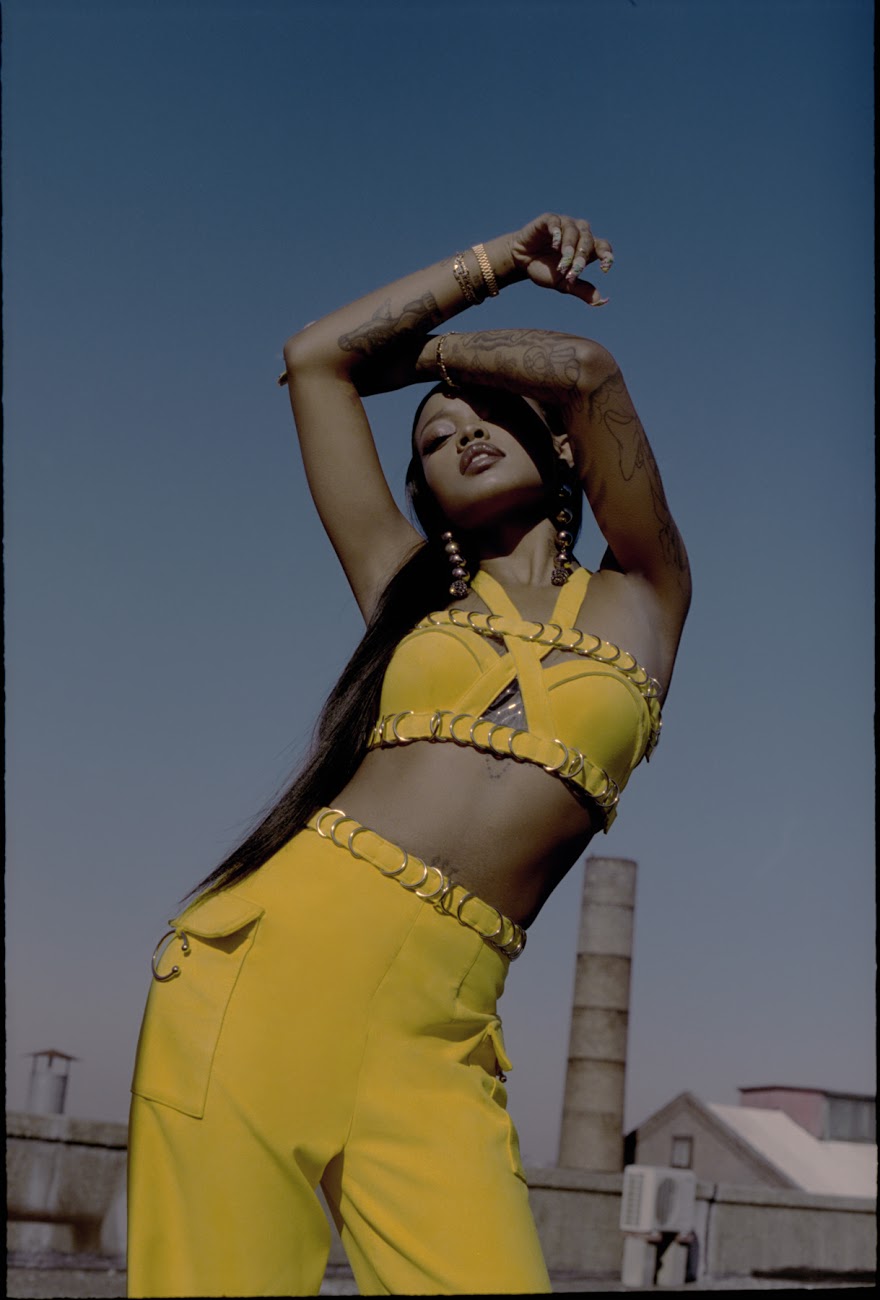
How would you describe the moment when you feel like you found your voice?
It was so crazy because it took me a really long time. I found it two years ago. I remember the month and everything – November. It was cold outside. I remember Mars, my man, was forcing me to write. I didn’t write a song in two years. Sometimes this shit will lead you up and down, so I take breaks for myself because I got to protect my soul, girl. One day, I wrote to [Lil’ Kim’s] Crush on You. I put my voice a little bit deep, and he was like “That’s hard.”
I like it when back in the day the females were spitting and it sounded like a whole n—- came on the track. I like when females were spitting that hard shit, when they were able to run with the guys. Back in the day it wasn’t like male rappers and female rappers, it was just rappers. I’m a woman and I rap hard, so I don’t like to say rapping like a man, but they were competing with the guys and these are not regular guys. Foxy was running with fucking Jay-Z. That’s legendary. Lil’ Kim was rapping with Biggie, being able to hold her own with Biggie.
I can’t get with all the pretty ‘I’m-going-to-rap-about-my-lipstick’. Hell no. Y’all are going to hear what the fuck I got to say. Y’all are going to hear about the everyday struggle that us women go through. That’s why I wanted to put my voice deeper – so not only females were fucking with my music. I want the guys to be able to fuck with my music as well. I feel like they couldn’t get past my baby voice. I was always spitting some hard shit, but I feel like they couldn’t really hear me.
What’s next for you?
A project is coming out. I’m super excited about it. It’s called If Dead Men Could Talk. The name came from one of 50 Cent’s early G-Unit mixtapes called God’s Plan. Through everything I’ve been through, it’s like God’s plan for me to be here. I want my project to be like, if all the OG rappers that have passed away could be here right now, this is what they would want to hear. I’m very throwback-minded with my songs. I want to bring back that old feeling from music where you knew that what the rapper was spitting, they’d actually lived that life. They wrote that shit. They did that.
